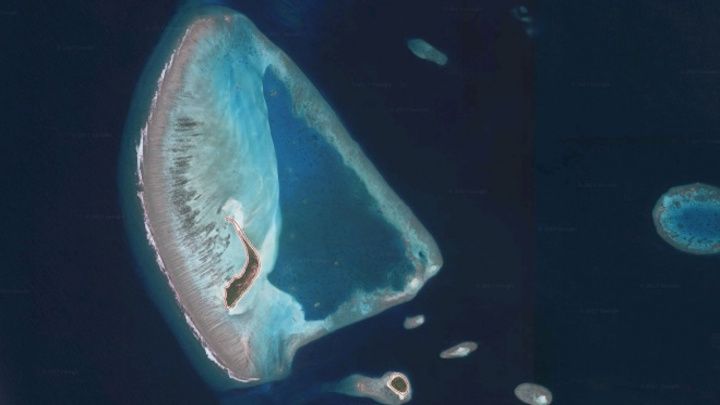Government denies ‘selling off’ atoll to Saudi Arabia
The categorical denial comes after Climate Home reported former President Mohamed Nasheed and foreign policy experts raising the prospect of Saudi Arabia seeking a strategic anchor in the Maldives to secure an oil route to China.

08 Mar 2017, 9:00 AM
The government has denied selling off Faafu atoll to Saudi Arabia, reiterating that the proposed development is part of “a wider, multifaceted programme to finance a major, multi-billion dollar investment project”.
The president’s office said in a statement Tuesday night that it “categorically rebuts allegations that the atoll has been ‘sold off’ to a foreign entity.” But the government is working with “a range of international investors” and the development plans for Faafu will focus on “delivering positive outcomes” for the Maldives.
“All infrastructure projects strictly adhere to regulations and boundaries set out by the Maldivian constitution,” reads the English statement, which stopped short of assuring that the Saudi-funded project would not involve foreign freeholds as allowed by the constitution.
Controversial amendments brought to the constitution authorises foreign ownership of Maldivian land if an investment exceeds US$1 billion and 70 percent of the project site is reclaimed land.
Become a member
Get full access to our archive and personalise your experience.
Already a member?
Discussion
No comments yet. Be the first to share your thoughts!
No comments yet. Be the first to join the conversation!
Join the Conversation
Sign in to share your thoughts under an alias and take part in the discussion. Independent journalism thrives on open, respectful debate — your voice matters.




